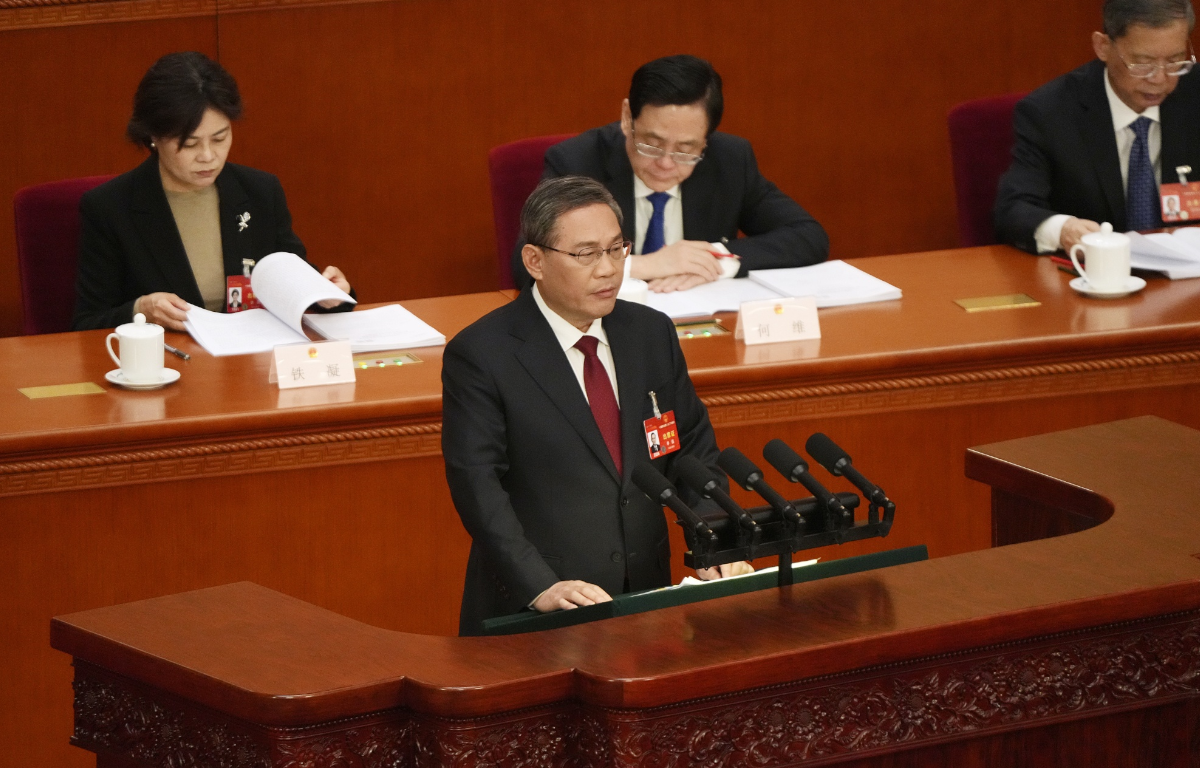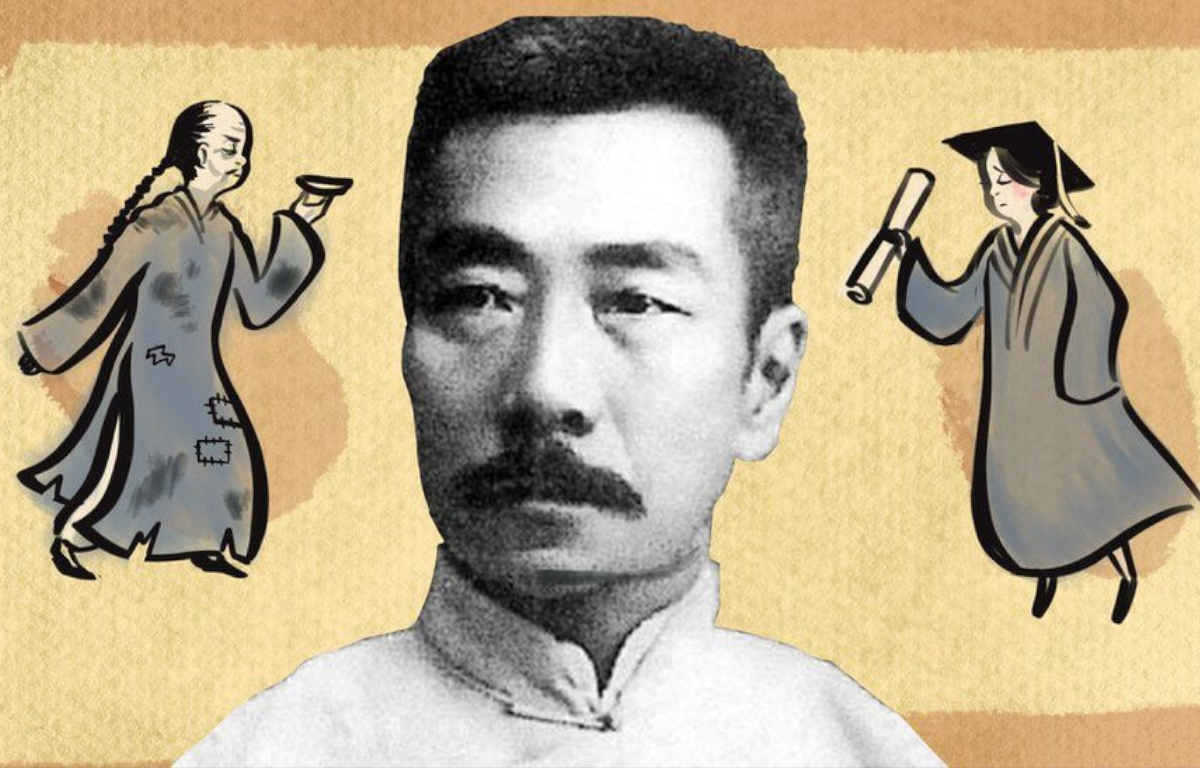
The roots of “Purges Don’t Move” can be traced back to the early years of the People’s Republic of China. Chairman Mao Zedong initiated several campaigns, such as the Hundred Flowers Campaign (1956-1957) and the Great Leap Forward (1958-1961), which resulted in significant purges, political repression, and economic setbacks. These campaigns played a pivotal role in consolidating Mao’s power and enforcing conformity to his ideology.
The “Purges Don’t Move” approach is characterized by several key features. Firstly, it involves purging dissidents, perceived enemies, and individuals whose loyalty to the Party is questioned. Party members who deviate from the official ideology or are suspected of disloyalty often face expulsion or more severe consequences. Secondly, these campaigns place a heavy emphasis on ideological conformity. Intellectuals, writers, and artists are often targeted as they are seen as influential in shaping public opinion. Freedom of expression is curtailed, and alternative ideologies are suppressed.
The “Purges Don’t Move” approach has significant implications for China’s governance and society. It can stifle innovation and creativity as fear of punishment discourages individuals from questioning official dogma or proposing alternative solutions. Furthermore, the frequent purges and political campaigns can erode trust within the Party, leading members to focus more on self-preservation than on working for the common good. The repression of dissent and restrictions on freedom of expression can lead to a stifled civil society, where independent voices are marginalized, and public discourse is tightly controlled. Internationally, China’s approach can lead to tensions with other nations due to human rights concerns and political repression, impacting diplomatic relations and trade.
“Purges Don’t Move” represents a longstanding approach to governance in China, characterized by periodic political campaigns aimed at consolidating power and enforcing ideological conformity. These campaigns have had a profound impact on China’s history and continue to shape its political landscape today. Understanding the historical context and key features of this approach is crucial for comprehending the dynamics of Chinese politics and its implications for both domestic and international affairs.










Share this: